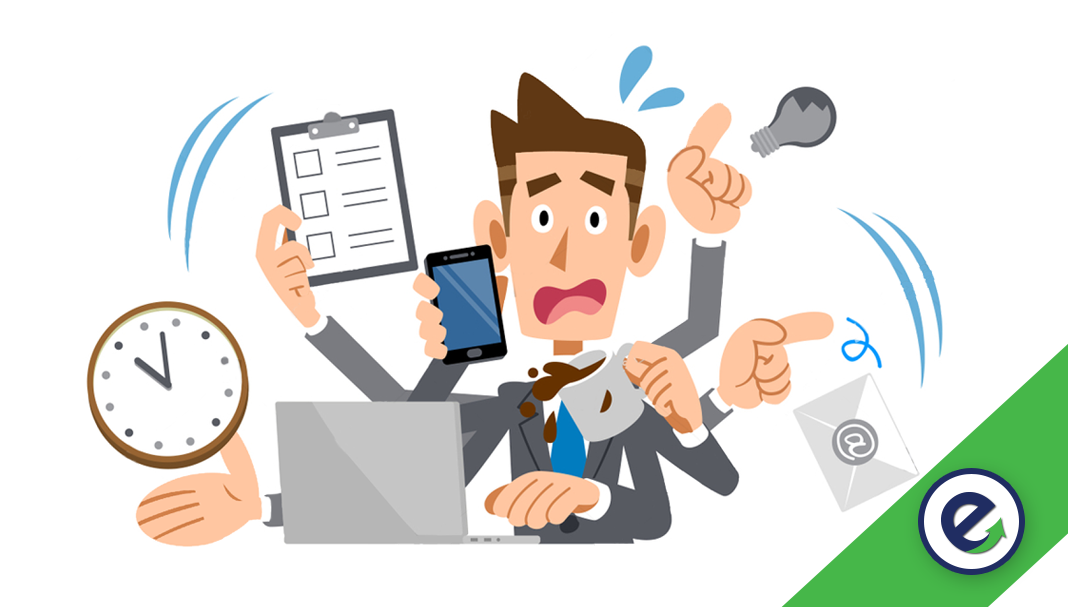Whether we call it the “too busy syndrome” or the “21st century syndrome”, whenever we ask people about how they’re doing, their go-to response usually is “Ï’m too busy these days“. Most of the times, this “being too busy“ response is considered as a badge of honor. If everybody in your company is constantly saying, “I’m too busy“, take a step back for a while and ask yourself a question, “are we focusing on what really matters?”
Working in a fast-paced, technology-driven world, we usually find a very little margin to breathe in between the work, family, friends, exercise and the events, and we resort to multi-tasking.
As we do the multitasking, we actually attempt to quickly switch between different tasks and try to do all of them at once. This is when the oxygenated glucose in our brain gets drained and we end up running down the same fuel that is required to focus on a task.
According to various studies, the frequent switching of tasks leads to a buildup of stress and reduces a person’s productivity by as much as 40%.
Professor Gloria Mark from the department of informatics at University of California, Irvine, says, “When people are interrupted, it typically takes 23 minutes and 15 seconds to return to their work, and most people will do two intervening tasks before going back to their original project.“
So my questions is, if your employees are very busy, are multi-tasking. taking very few breaks and are working extended hours, do you think they’ll be able to sustain a frenzy of activity for good?
Dr. Daniel Levitin from the department of behavioral neuroscience at McGill University says, “When people get tired at work, they eat more or take more caffeine. Often what you really need at the moment isn’t caffeine, but just a break.”
According to various global studies, the people who take a 15-minute break every couple of hours end up being more productive. But these breaks should involve some kind of physical activities like stretching, walking, refocusing with breathing or simply have a cup of tea in the office cafeteria with the coworkers, and not surfing Facebook or Instagram. Studies have shown that most of the time, the social media only produces fractured attention, as you flip from one thing to the next.
If there are people in your organization who are always “too busy,” the best thing you can do to improve their productivity is to spend some time coaching them on the habits outlined above, to help them better manage their workload and their time. Don’t forget to take a hard look at your own work habits, for opportunities to improve. The value of increased productivity to your business is self-evident.





